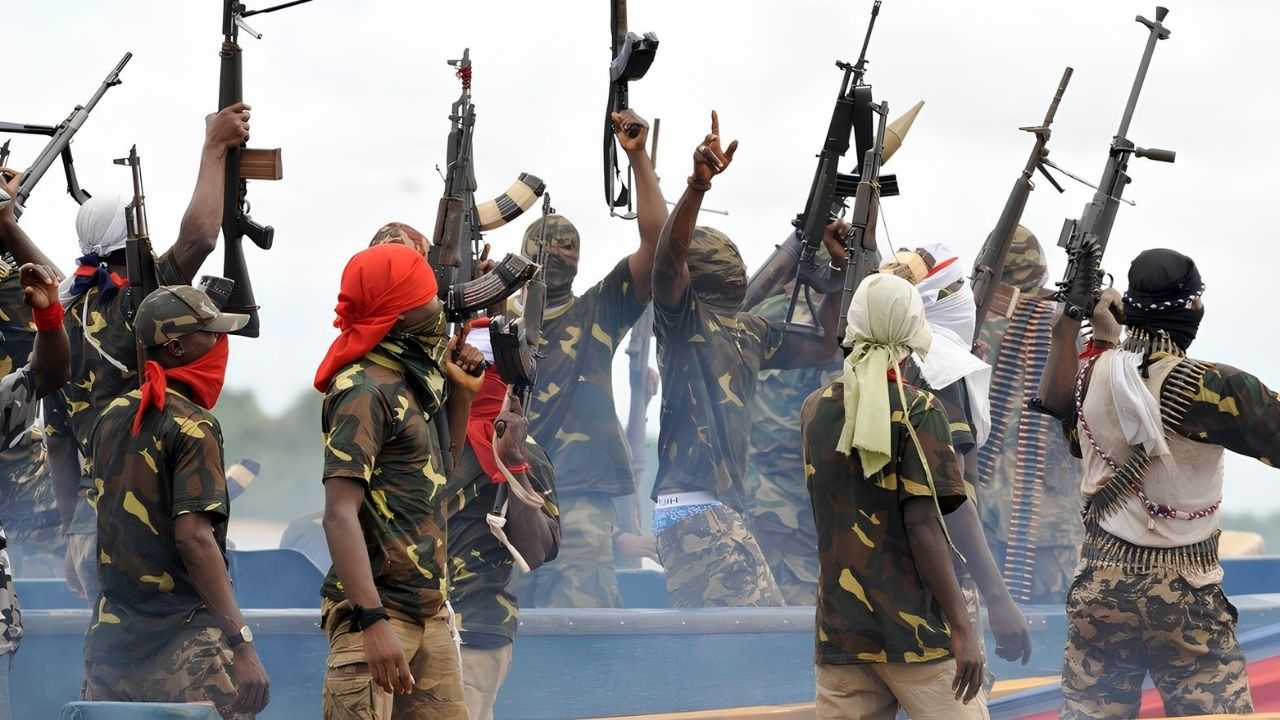
Why is the Niger Delta often in the news? The Niger Delta, located in Nigeria, frequently makes headlines due to its complex mix of environmental, economic, and social issues. This region, rich in oil, has faced significant challenges, including pollution, poverty, and conflict. Oil spills have devastated local ecosystems, harming both wildlife and the livelihoods of residents. Militancy and violence have also plagued the area, as various groups vie for control over resources. Despite its wealth in natural resources, the Niger Delta remains one of the most underdeveloped regions in Nigeria. Understanding the intricacies of this area helps shed light on why it remains a focal point for global attention.
Key Takeaways:
- The Niger Delta conflict is fueled by environmental degradation, economic disparity, and political tensions, impacting millions of people and the region's biodiversity.
- Efforts to resolve the conflict include disarmament programs, development initiatives, and ongoing dialogue, but the future of the Niger Delta remains uncertain, with a need for sustainable development and environmental restoration.
Historical Background
Understanding the Niger Delta conflict requires a look into its history. This region, rich in oil, has been a hotspot for tension and violence for decades.
- The Niger Delta is home to over 30 million people from more than 40 ethnic groups.
- Oil was discovered in the Niger Delta in 1956 by Shell-BP at Oloibiri.
- The region produces about 2 million barrels of oil per day, making Nigeria one of the top oil producers globally.
- Despite its oil wealth, the Niger Delta remains one of the poorest regions in Nigeria.
Causes of the Conflict
The conflict in the Niger Delta stems from various factors, including economic, environmental, and political issues.
- Environmental degradation due to oil spills and gas flaring has severely impacted local communities.
- Many locals feel marginalized and believe they do not benefit from the oil wealth extracted from their land.
- Corruption and mismanagement of oil revenues by government officials exacerbate the situation.
- Militancy and armed groups have emerged, demanding a greater share of oil revenues and better living conditions.
Key Players
Several groups and entities play significant roles in the Niger Delta conflict.
- The Movement for the Emancipation of the Niger Delta (MEND) is one of the most prominent militant groups.
- Oil companies like Shell, Chevron, and ExxonMobil operate extensively in the region.
- The Nigerian government has deployed military forces to maintain order and protect oil installations.
- Local communities and traditional leaders often find themselves caught between militants and government forces.
Impact on the Environment
The environmental consequences of the conflict are severe and long-lasting.
- Oil spills have contaminated water sources, affecting both human health and wildlife.
- Gas flaring contributes to air pollution and respiratory problems among local populations.
- Deforestation and land degradation result from oil extraction activities.
- The Niger Delta's biodiversity is under threat due to habitat destruction.
Economic Consequences
The conflict has significant economic implications for both the region and Nigeria as a whole.
- Frequent attacks on oil infrastructure disrupt production and reduce Nigeria's oil output.
- The Nigerian government loses billions of dollars annually due to oil theft and pipeline vandalism.
- Local economies suffer as agriculture and fishing, traditional livelihoods, are negatively impacted by pollution.
- Unemployment rates are high, fueling further unrest and militancy.
Efforts to Resolve the Conflict
Various initiatives have been undertaken to address the Niger Delta conflict.
- The Nigerian government has implemented amnesty programs to disarm militants and reintegrate them into society.
- International organizations and NGOs work on development projects to improve living conditions in the region.
- Oil companies have invested in community development programs, though these efforts are often criticized as insufficient.
- Dialogue and negotiations between the government, militants, and local communities continue, albeit with mixed results.
Future Prospects
The future of the Niger Delta remains uncertain, with both challenges and opportunities ahead.
- Sustainable development and environmental restoration are crucial for long-term peace and stability in the region.
Understanding the Niger Delta Conflict
The Niger Delta conflict is a complex issue with deep-rooted causes. From environmental degradation due to oil spills to socio-economic disparities, the region faces numerous challenges. The local communities suffer from poverty, unemployment, and lack of basic amenities, which fuels resentment and unrest. Oil companies and the government have roles in both the problem and potential solutions. Addressing these issues requires a multi-faceted approach, including fair distribution of resources, environmental protection, and community development. By understanding the underlying factors, we can work towards a more peaceful and prosperous Niger Delta. This conflict isn't just a local issue; it has global implications, affecting oil prices and international relations. Awareness and informed action are crucial for making lasting changes. Let's hope for a future where the Niger Delta thrives, benefiting its people and the world.
Frequently Asked Questions
Was this page helpful?
Our commitment to delivering trustworthy and engaging content is at the heart of what we do. Each fact on our site is contributed by real users like you, bringing a wealth of diverse insights and information. To ensure the highest standards of accuracy and reliability, our dedicated editors meticulously review each submission. This process guarantees that the facts we share are not only fascinating but also credible. Trust in our commitment to quality and authenticity as you explore and learn with us.
